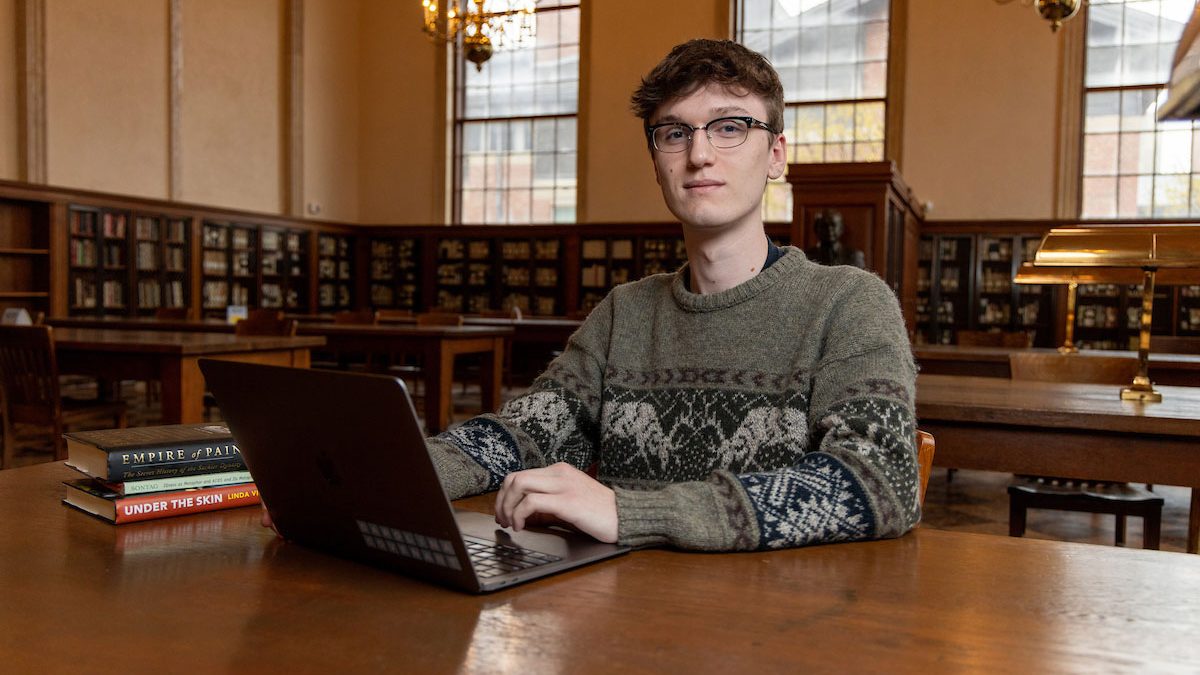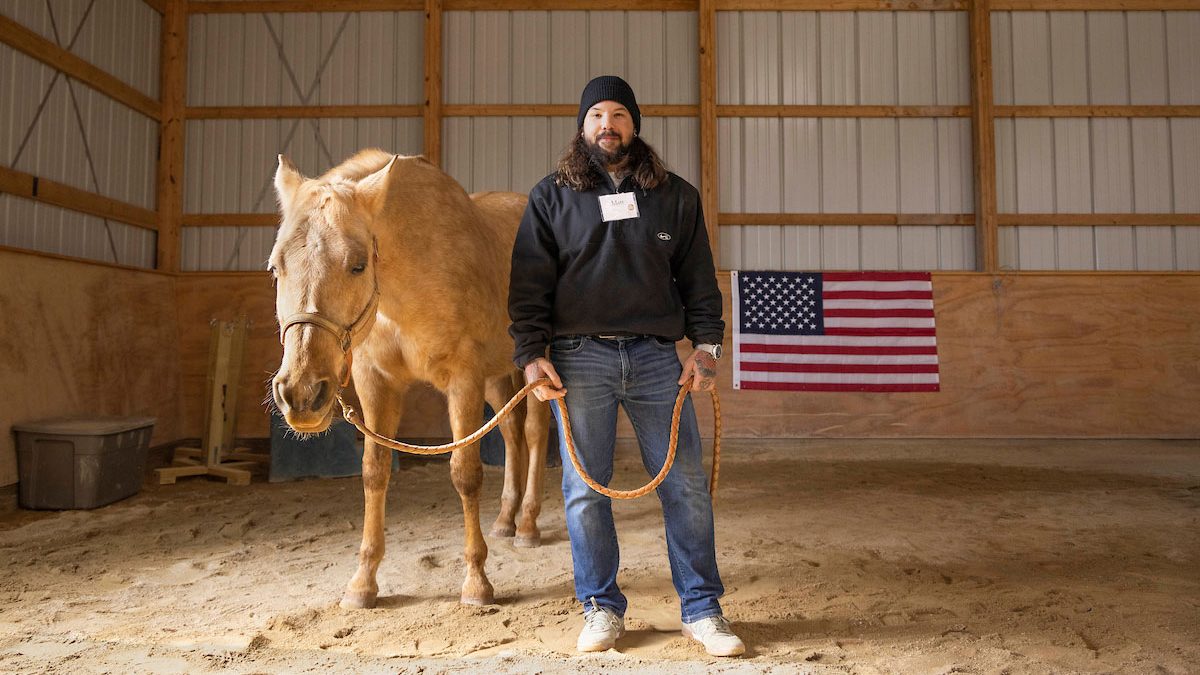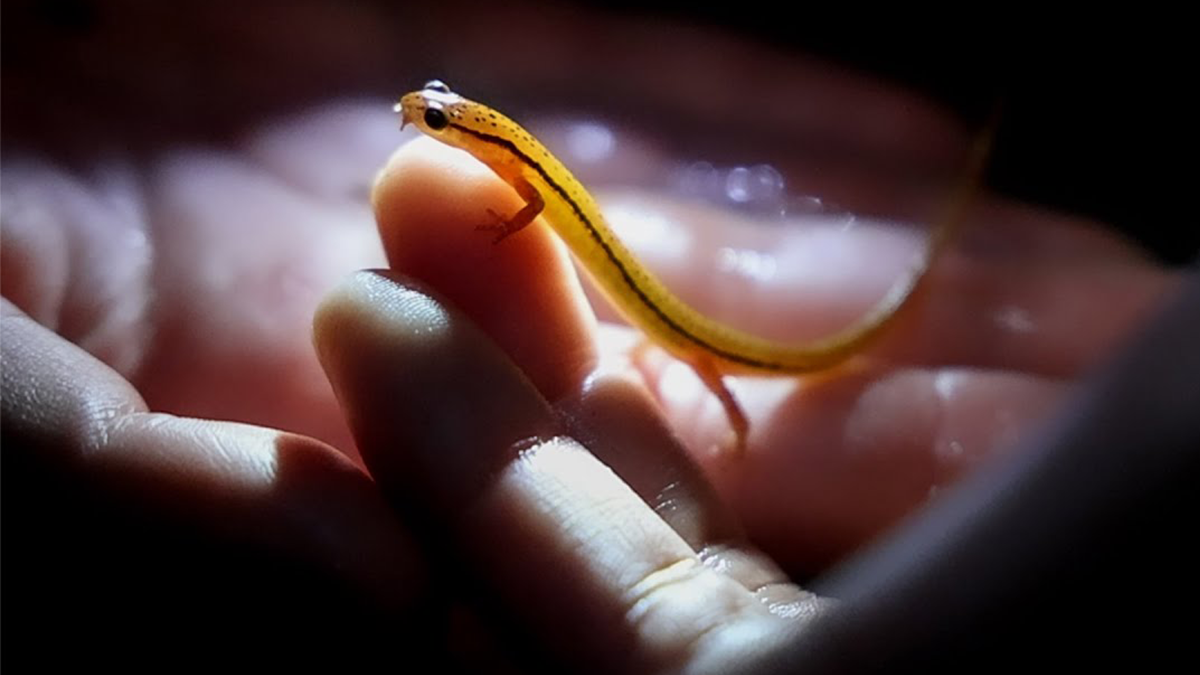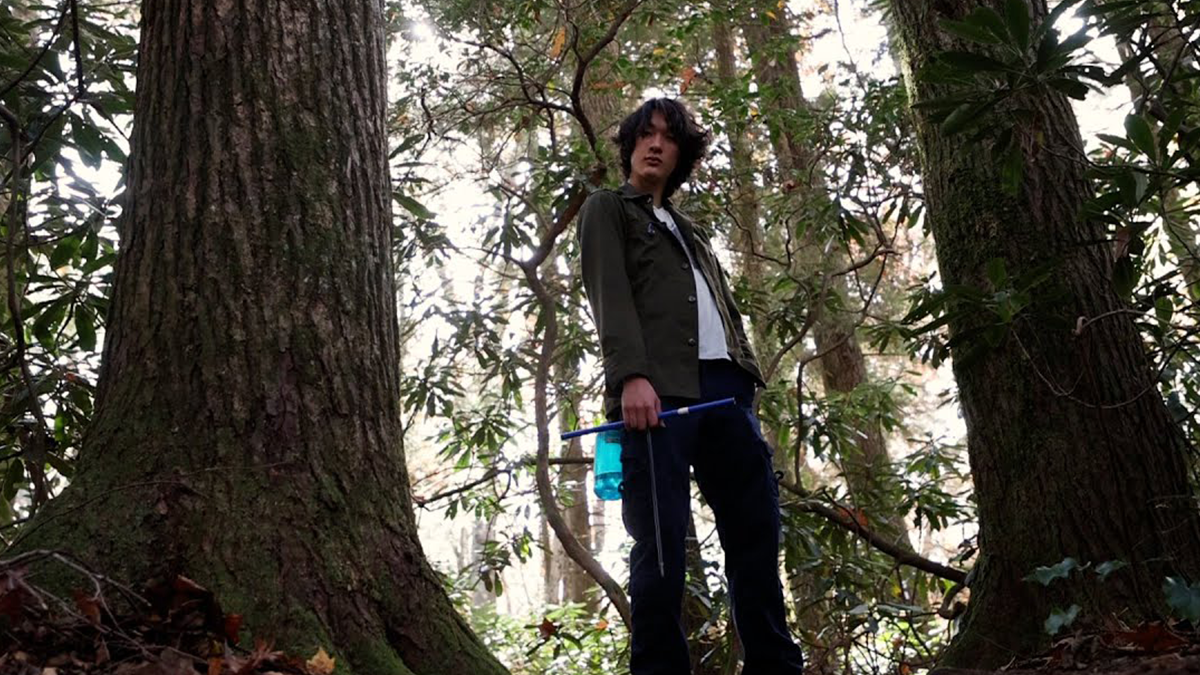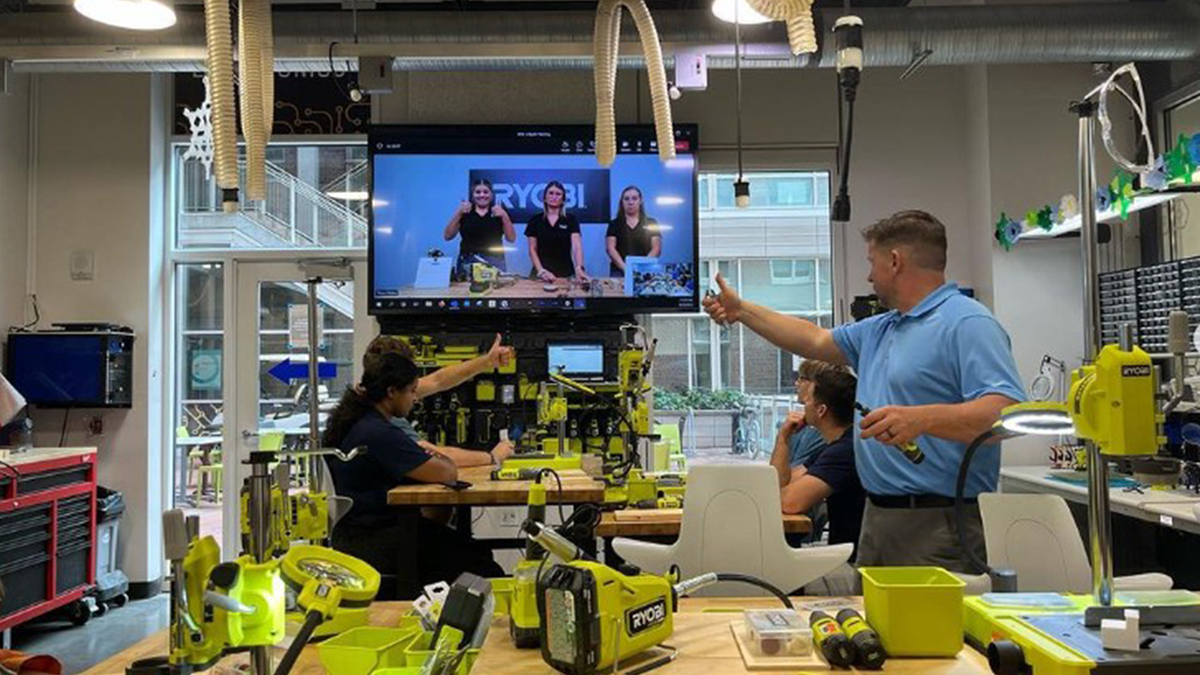Leader in national intelligence teaching class about 9/11
Published on September 10, 2019Admiral Dennis Blair joins Peace, War and Defense curriculum faculty at Carolina.
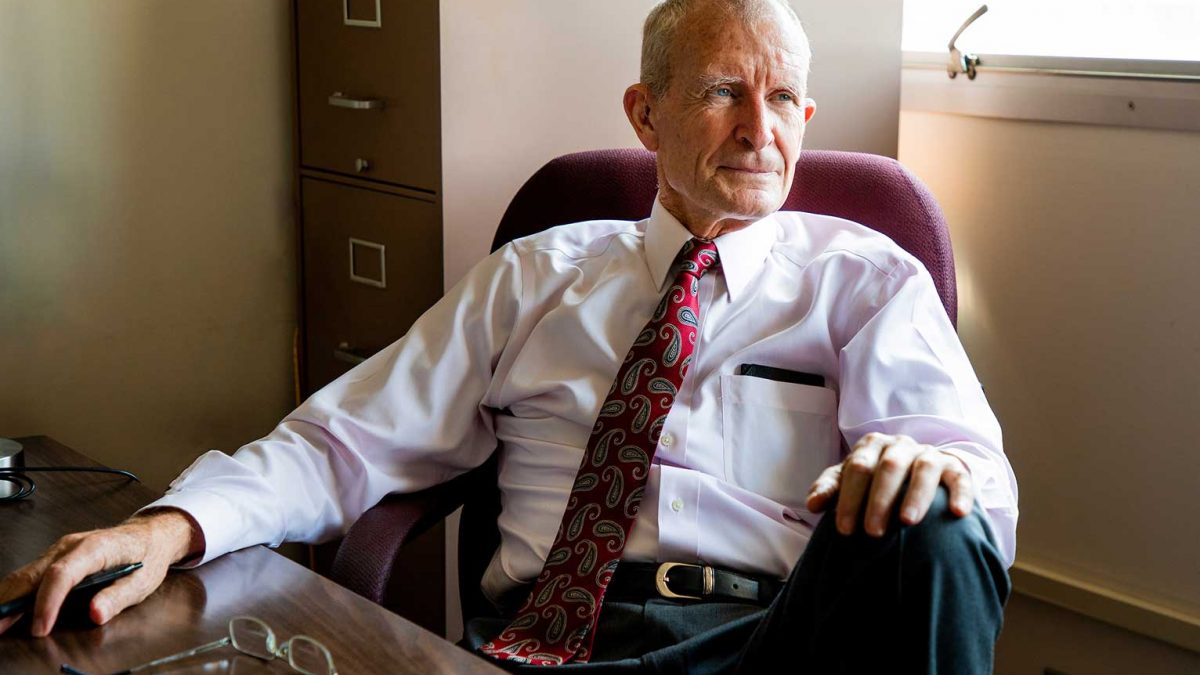
Admiral Dennis Blair joins Peace, War and Defense curriculum faculty at Carolina.
Admiral Dennis Blair, former Director of National Intelligence, joins Peace, War and Defense curriculum faculty at Carolina.
A one-of-a-kind curriculum
Imagine a major where classes range from international relations and global politics to the history of deception — from ancient Greek warfare to the sounds of war and revolution.
Founded in 1970, Carolina’s Peace, War and Defense (PWAD) curriculum, housed in the UNC College of Arts & Sciences, remains one of a kind. The War Studies Department at King’s College London is its closest equivalent in the English-speaking world.
Faculty from multiple disciplines provide undergraduate students with an array of approaches to the fundamental issues of human conflict, national and global security and defense. Guest speakers, field trips, internships and career advice bolster the curriculum and prepare students for graduate studies and careers in any number of professions — including national intelligence.
The expertise of Admiral Blair
This fall, Admiral Dennis Blair — former Director of National Intelligence and leader of 16 national intelligence agencies — joined PWAD faculty as the first Knott Distinguished Visiting Professor of the Practice.
Blair brings to Carolina 34 years of experience in the U.S. Navy; when he retired he was Commander and Chief, U.S. Pacific Command. After retirement, he was president and CEO of the Institute for Defense Analyses, then Director of National Intelligence. He served in high-level administrative positions under five presidents: Ford, Reagan, Clinton, G.W. Bush, Obama.
A graduate of the U.S. Naval Academy, Blair attended Oxford University as a Rhodes Scholar, along with the late Darryl Gless, renowned professor of Renaissance literature at UNC-Chapel Hill — Blair’s first connection to Carolina.
“Darryl was always trying to get me down to Chapel Hill to teach or lecture,” Blair recalled. “Now, I’m doing it. It’s time to pass on some of the things I’ve learned to coming generations.”
The course about 9/11
In his first-year seminar, “September 11: Origins, Consequences, and Where We Go from Here,” Blair finds himself teaching a generation of students “who were barely born or not even born at the time of the most significant event affecting our national security in the past 20 years.
“It is interesting to see 9/11 through the eyes of those who don’t have a personal memory of it,” noted Blair. “It gives me some perspective, to see how much of our reactions as adults have reached the next generation.”
The course explores how the terrorist attacks occurred and why the U.S. intelligence community and policymakers failed to prevent them, the effect on American government and politics, American reactions at home and abroad, and the aftermath of the attacks in the Middle East and the world.
A balanced approach
As we approach the 18th anniversary of 9/11, Blair noted the significant changes that come with time.
“The extremes to which we swung in the immediate reaction to 9/11 have been tamped down. We’ve eliminated the so-called black sites and extreme interrogation techniques of the CIA, and scaled back the extensive phone data gathering and storage by the NSA. Both seemed like good things to do right after the attacks but ran against international norms and personal privacy expectations and have proved not to be necessary to keep the country safe.
“We have a lot of data now as to what works and what doesn’t,” continued Blair, “and we should apply those lessons pretty carefully to ensure that we are finding the right balance between security and civil liberties, instead of swinging from one extreme or the other.”
This balance is a perspective that Blair hopes to instill in his students.
“We’re trying to teach them that, in dealing with the threat of terrorists, like all difficult problems, the choices are not black and white, and the United States needs to find a way to strike a balance between freedom and security.”

